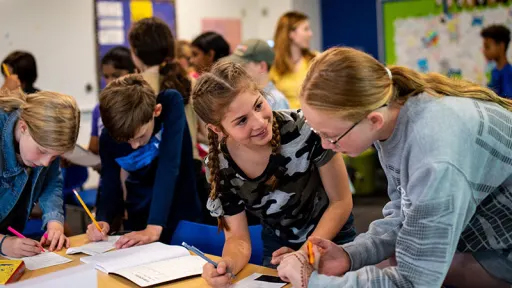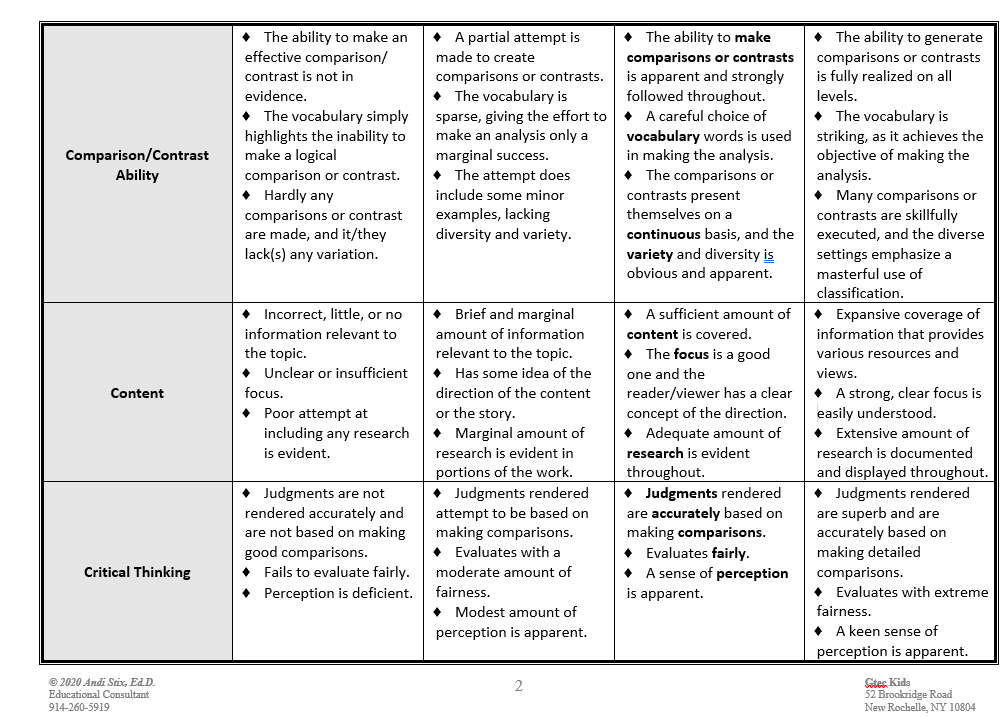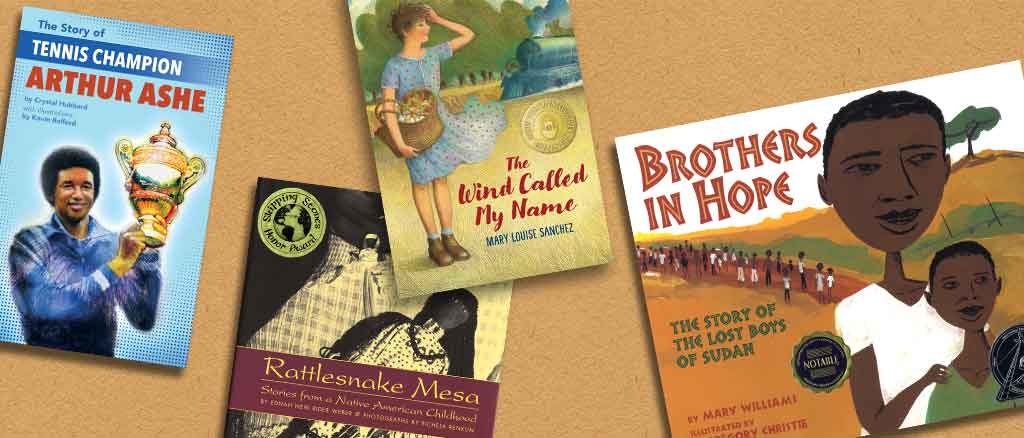Open-Ended Questions
Research has shown time and time again that if we pose a close-ended question, our students will elicit a minimal amount of answers. However, we can draft the same question using the following question starters that provoke higher level thinking coupled with brainstorming.In the beginning, you will find that it is hard to draft an open-ended question. However, with time, it will become easier and easier until it becomes a habit. So, how do you break the habit? Use this simple...
Read More












